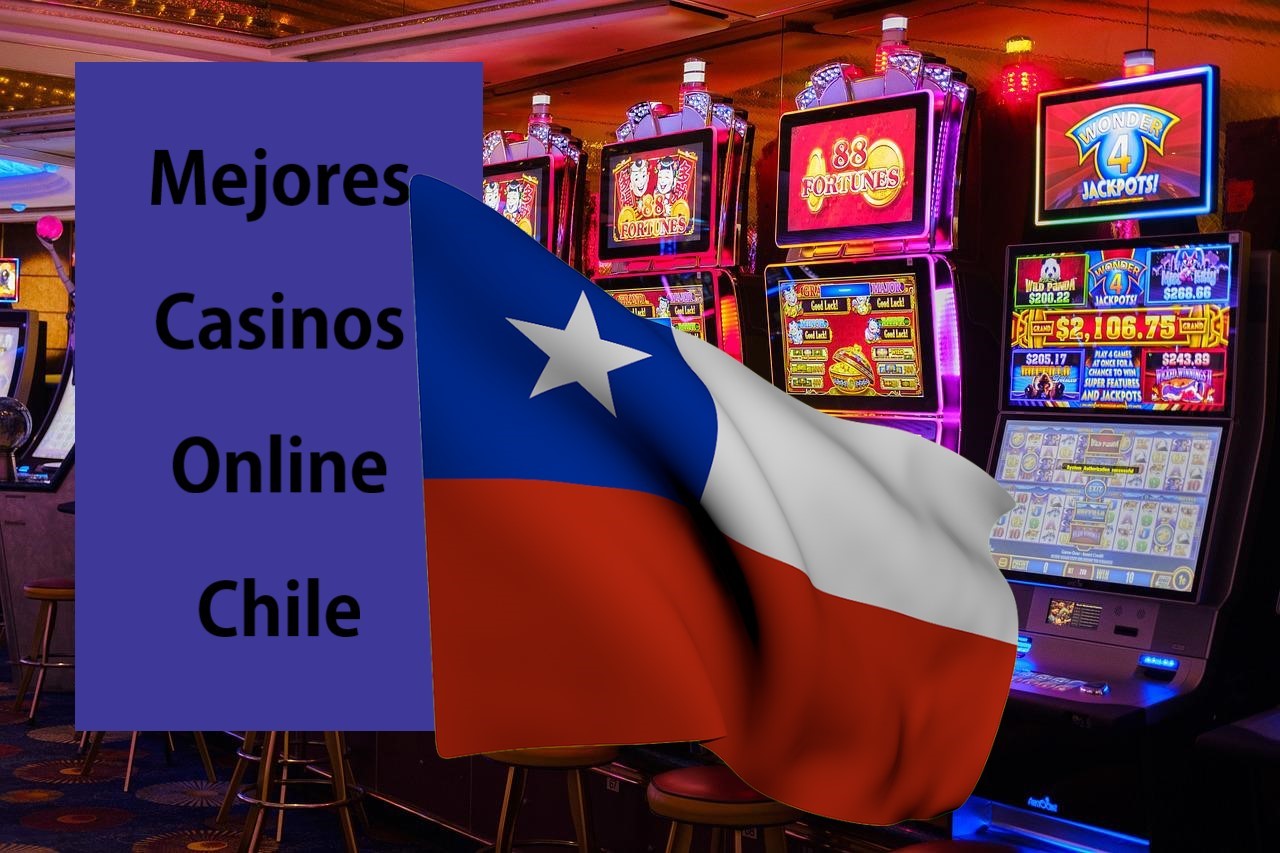
Gambling games have long been a significant aspect of human culture, offering not just entertainment but a fascinating reflection of our hopes, wishes, and anxieties. From the spinning reels of a slot machine to the tactical play of poker, these games represent a range of human feelings and events. At their core, casino games are not just a chance to make profits; they are a reflection of life itself, where risk and reward converge and fortunes can change in an eye blink.
As players assemble around tables or sit in front of brightly lit machines, they engage in a ritual that transcends mere playing. These games echo our natural desires for relationships, excitement, and the pursuit of luck. They also reveal deeper truths about human psychology, such as our relationship with luck and the excitement of risk. In exploring casino games, we uncover not only the rules of play but also the complex weave of the human journey, showcasing our interconnected narratives of aspiration and reality.
The Mind Behind Gambling
Gambling is deeply rooted in human psychology, tapping into various feelings and desires. The thrill of risk-taking is a core aspect that attracts participants, whether it’s thrill of spinning a roulette or the anticipation of drawing a winning card in a poker game. This rush of adrenaline is often compared to other forms of excitement, as the uncertainty of outcomes triggers a distinct psychological response. Gamblers often become captivated by the possibility of winning big, leading to an almost magnetic draw toward casino games.
Another, an essential component of the psychology behind gambling is the concept of hope and aspiration. Participants often indulge in fantasies of financial freedom and the opulent lifestyle that can follow winning. This optimism fuels their continued participation in gambling, as it provides a sense of purpose and the conviction that a transformative win could be just one wager away. The story of overcoming odds and achieving success resonates with many, reinforcing their dedication to play and engage with these games.
Lastly, social dynamics play a significant role in gambling psychology. Casino environments are designed to foster social interaction, where gamblers gather to share the journey of wins and losses. This shared aspect not only enhances enjoyment but also influences behavior, as individuals often mimic the actions of others around them. The collective approval found in mutual thrill can enhance the emotional experience, making casino games a mirror of not just personal desires but also collective engagement within the gambling community.
### Risk and Reward: A Double-Edged Sword
Gambling games embody the fragile balance between danger and gain that resonates profoundly with human psychology. The thrill of placing a wager is often accompanied by a jolt of energy, as players are confronted with the chance of a huge payout, yet cognizant of the risk to lose. This bipartisan experience reflects a core aspect of life: the paths we choose often come with inherent risks, and the quest for benefit can compel us to make risky moves we might not normally consider. In this way, gambling activities echo real-world decisions, enticing gamblers to gamble not just their capital, but also their hopes.
The allure of jackpot prizes and winnings fuels a feeling of positivity, encouraging gamblers to envision a brighter future that could arise from a lucky spin of the roulette or dealing of a hand. This hope can compel individuals to engage in more daring actions, urging them to extend their limits in search of financial gain. However, just as in life, the outcomes of these risks can lead to both victory and loss. http://shbets.net/ The stories of both jackpot winners and those who have lost everything at the casino demonstrate the random nature of luck and its significant impact on our existence.
Ultimately, the experience of engaging with gambling activities serves as a potent reminder of the nature of humanity. Every round played is imbued with the tension of risk, as gamblers weigh the rewards against the risks. This balance not only highlights the excitement that comes with gambling but also reveals the risks that come with the longing for more. As we navigate the challenges of decision-making and results in both the gambling world and in life, we find that the search for benefit shapes our sense of self and experiences in significant manners.
Society and Loneliness in Casino Environment
Gambling environment is a unique combination of social engagement and personal pursuit, reflecting the dualities of individual experience. Players often gather around games, experiencing in the thrill of the game, celebrating wins, and sympathizing over losses. This social aspect is vital, as it fosters a sense of belonging and camaraderie among diverse groups of individuals. Regular attendees to gaming establishments may form friendships and develop routines, turning the casino into a alternative home where they experience connected to a greater community of players.
However, the appeal of casino activities can also result to isolation. As individuals become engrossed in the excitement of gambling, they may isolate from personal relationships or fail to engage with the environment outside the gaming space. For some, the search of a jackpot can distract from real connections, leading to loneliness. The experience of being among others yet feeling solitary is not uncommon, as the focus shifts from collective fun to the private concerns of each player’s journey.
This interaction of community and solitude creates a vivid mosaic that defines gaming culture. It highlights the intricacy of human interactions, where happiness and despair coexist. Casinos serve as both a refuge for social engagement and a stage for individual struggles, demonstrating how deeply connected our yearning for companionship and the individual quest for fortune can be. In navigating this landscape, gamblers confront their own narratives—seeking both the thrill of the wager and the companionship of fellow gamblers, eventually reflecting the broader spectrum of individual experience.
